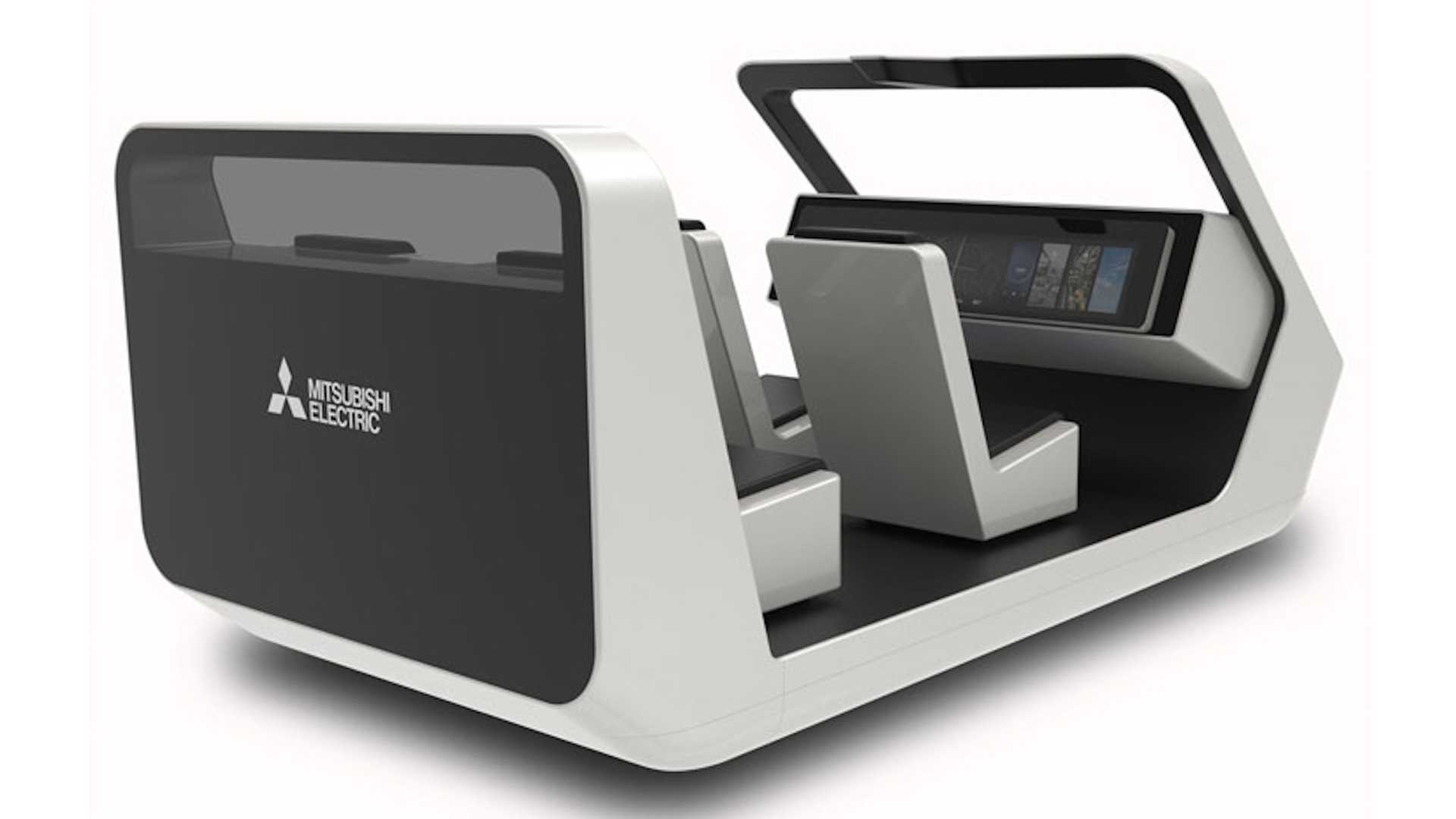Fully autonomous cars are years, if not decades away. The transition will require automakers to install various devices to ensure that the driver pays attention to the road in case he needs to take control of the vehicle. Driver monitoring systems already exist in many makes and models, but a new Mitsubishi Electric concept, the Emirai xS Drive, heralds the next potential iteration of the technology.
The cockpit concept, which should not be seen as a foretaste of a future Mitsubishi cars cabin – these are different entities under the same corporate umbrella, combines several technologies that really help the driver. The cabin is equipped with an infrared camera that captures the driver’s facial and biometric information, including the minute changes in skin brightness caused by a person’s pulse. It can even detect these changes with vehicle vibrations and changes in interior ambient light.
The camera also examines the driver’s posture, movement and body temperature for signs of fatigue, using any available information to judge driver vigilance. If the driver appears drowsy, the vehicle will send an alert recommending a break or stopping the vehicle along the shoulder. The concept also includes radio wave sensors that Mitsubishi uses to detect the presence of any occupant and their body size in the car to determine if a baby has been left behind.
Mitsubishi Electric takes the technology even further by combining it with the high definition locator. The technology monitors where the driver is looking and intensely illuminates the road in that direction while taking into account the shape and curve of the driving surface.
It also sheds light on potential dangers or obstacles out of the driver’s sight that they might not have noticed depending on where they were looking. The concept can also brightly illuminate these obstacles, allowing the driver to better recognize them. It gives drivers the information they want as well as the information they need.
The concept makes its official debut at CES next month in Las Vegas. It may be years before technologies find their way into production vehicles, although automakers will look for ways to meet increasingly stringent safety standards, such as the need for new anti-technology. -Drunk Driving.
Source link

